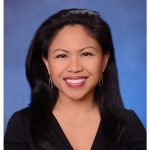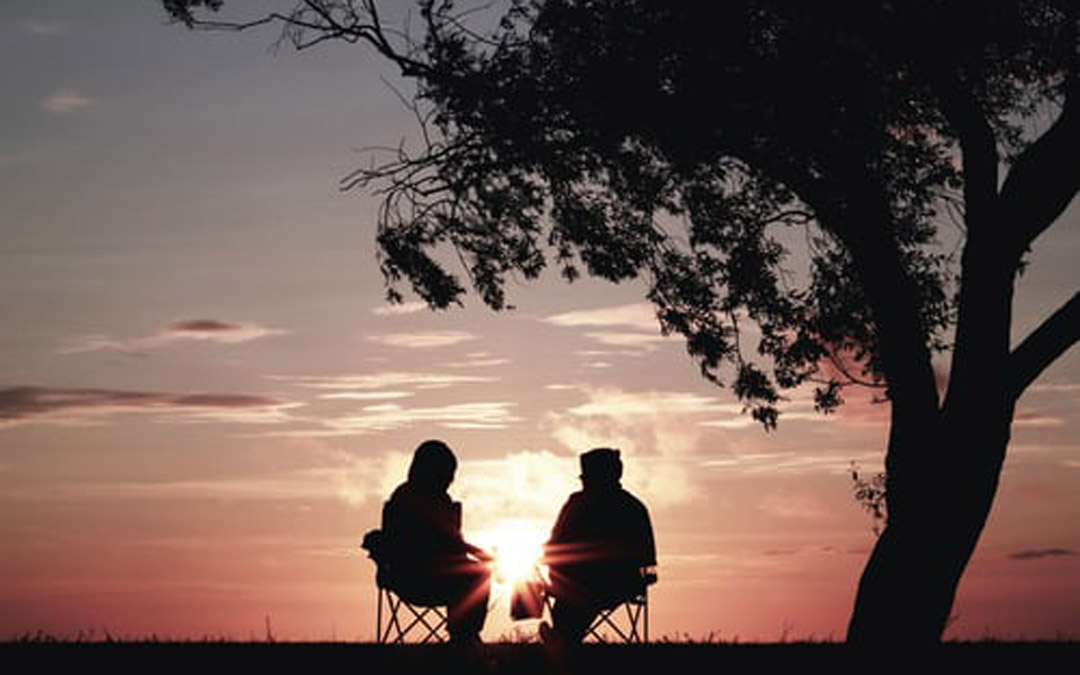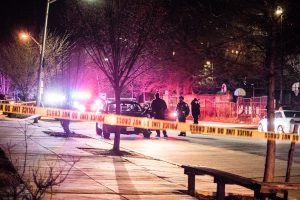By Dr. Jennifer Jimenez Marana
In his recent video series “Uncomfortable Conversations with a Black Man,” Fox Sports analyst and former NFL player Emmanuel Acho reads a letter from a white woman who grew up during the 1940s.
She wrote that racism was part of her life growing up, but now she has been listening and is still learning about racial equality. She asked that Acho and others “not give up” on people like her, adding, “I’m awake now and determined to wake others up.”
When I shared the video with a group of residents I work with at Broadmead, a life plan community in Cockeysville, some of them acknowledged that the letter could have easily been written by them.
As director of diversity and Inclusion at Broadmead, I have the privilege of working with adults ranging from their 60s to over 100 years young.
Broadmead, often referred to as a continuing care retirement community, offers multiple levels of care for older adults and is located on 94 acres of sprawling countryside. Residents can enjoy independent living with a variety of amenities and without the worries of home maintenance. Our community includes assisted living, memory care and skilled nursing, if needed. This environment is ripe for active and engaged residents who continue to expand their own learning and development, and take time to deepen their relationships with each other.
In partnership with staff and residents throughout the last year, we have facilitated diversity training, lectures and programs, and hosted trips to the National Museum of African American History and Culture in Washington, D.C.
We have also spent time in the local community, sharing information about Broadmead’s journey to becoming a more welcoming community and building relationships with individuals and organizations committed to diversity and inclusion.
COVID-19 has kept many Broadmead community members isolated from each other, yet recent incidents of racial unrest and the ensuing protests have opened the door for us to engage with one another more deeply. Although this engagement occurs most often by phone or Zoom, and at times socially-distanced and wearing masks, the interactions are happening.
Conversations are taking place about race, privilege, differences, the messages about racism taught in childhood, and what we can do to make our community truly diverse and welcoming.
Some of these conversations have been infused into the very fabric of Broadmead through activities that were already in place. For instance, the poetry group has been discussing the works of African-American poets. Book groups are reading African-American writers. Some members of the writers group have shared their experiences and memories involving race and race relations.
Open Forum, a resident-sponsored group that brings journalists, politicians
and researchers to Broadmead to discuss current issues, recently hosted a program on “Black Lives Matter: What Have We Learned?” with Taylor Branch, the Pulitzer Prize- and Emmy Award-winning civil rights historian.
One of our residents, who has been an educator, administrator and counselor, hosted a dialogue series on “Talking about Race and Ways White People Can Help.”
Other conversations have been prompted by a weekly “Moment of Silence,” focusing on a question for reflection. This grew naturally out of Broadmead’s history as a life plan community rooted in Quaker values.
The “Moment of Silence” began after George Floyd’s murder in Minneapolis as an opportunity for the community to share a time for peace and reflection, to listen to the “still, small voice” within their souls.
Some residents have initiated discussion groups among their neighbors to discuss the week’s topic and learn more about each other’s diverse perspectives and experiences. A weekly Zoom dialogue is held for those who feel more comfortable conversing virtually.
Other residents have chosen to engage in different kinds of activities. Some donate to organizations committed to racial justice. Others have been vocal about their support for our employees, particularly those of color, during this time of racial unrest. Still, others are taking the time to read and explore resources on their own to deepen their understanding.
At Broadmead, there are two large signs at the entrance. One says, “We’re All in This Together.” The other says, “Together We Can.” Initially, we hung those signs because we anticipated the challenges that the pandemic would bring and sought to be proactive in how we would tackle those challenges together.
The messages also ring true for how we are working through America’s racial divide in our Broadmead community. We recognize that “We’re all in this together,” and “Together we can” bridge the racial divide.

Dr. Jennifer Jimenez Maraña is the director of diversity and inclusion at Broadmead, a life plan community in Cockeysville.





